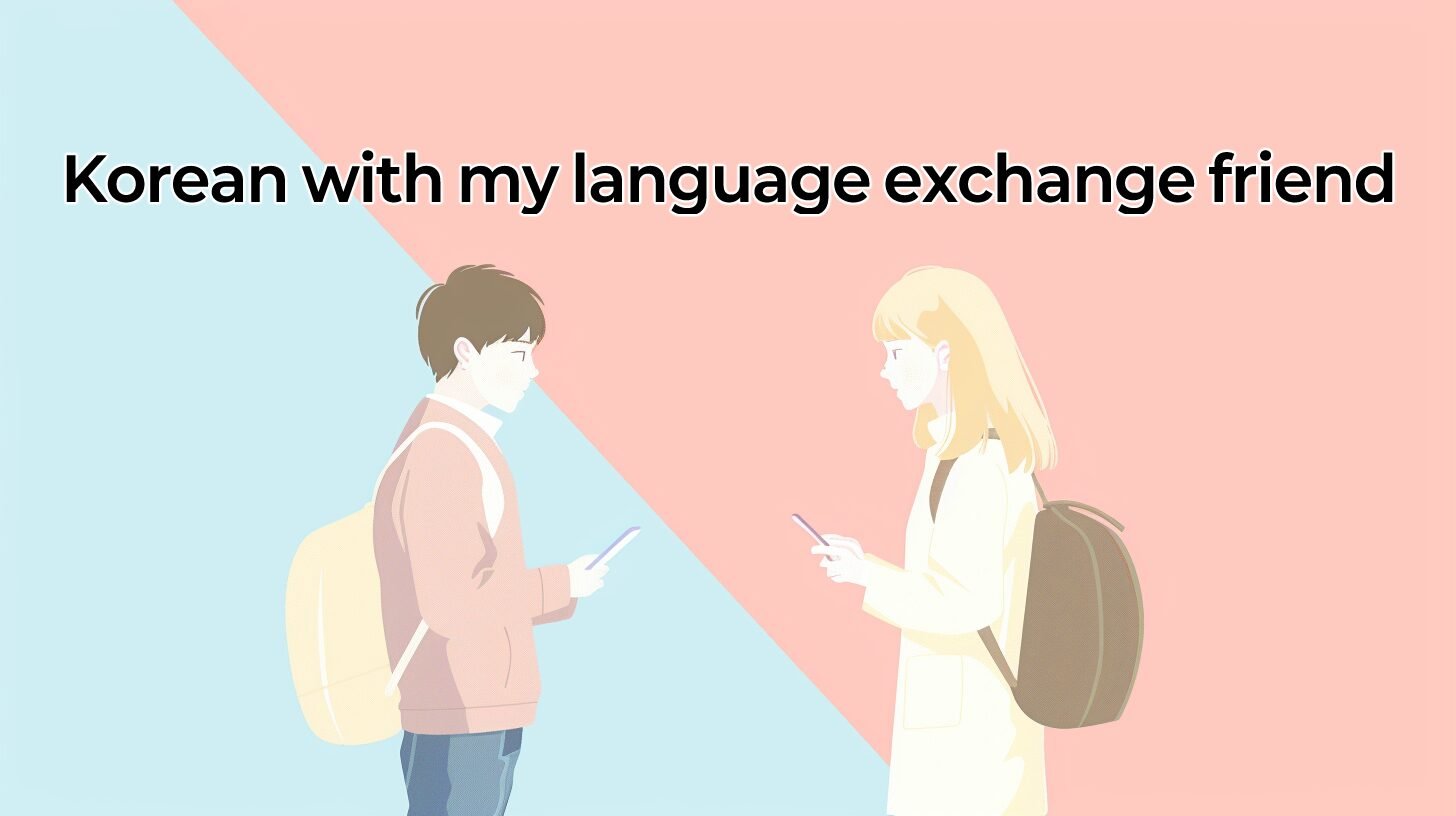Ep.3: Everyday Greetings and Expressions
In this episode, Emily and 지훈 practice everyday expressions that Koreans often use in daily life: saying good morning, asking if someone has eaten, commenting that food looks delicious, saying “good job” after school or work, and wishing good night. These short phrases are simple but very common in Korean conversations.
🗨 1. Dialogue by Topic
1. Morning Greeting
Emily: 지훈 씨, 안녕하세요. 좋은 아침이에요!
Emily: Hello, Jihoon. Good morning!
지훈: 안녕하세요, Emily 씨. 잘 잤어요?
지훈: Hello, Emily. Did you sleep well?
Emily: 네, 잘 잤어요.
Emily: Yes, I slept well.
2. Asking About Meals
지훈: Emily 씨, 밥 먹었어요?
지훈: Emily, did you eat?
Emily: 네, 아침 먹었어요. 지훈 씨는요?
Emily: Yes, I had breakfast. How about you?
지훈: 아니요, 안 먹었어요. 배고파요!
지훈: No, I didn’t eat. I’m hungry!
Emily: 아, 정말요? 빨리 밥 먹어요!
Emily: Oh, really? Hurry and eat something!
3. Looks Delicious
Emily: (사진 보내며) 오늘 점심이에요.
Emily: (sending a picture) This is my lunch today.
지훈: 와, 맛있어 보여요!
지훈: Wow, it looks delicious!
4. After Work or School
Emily: 수업 끝났어요.
Emily: My class just finished.
지훈: 고생했어요! 저도 방금 일 끝났어요.
지훈: Good job! / You worked hard! I just finished work as well.
5. Before Going to Bed
지훈: Emily 씨, 이제 잘 거예요?
지훈: Emily, are you going to sleep now?
Emily: 네, 잘 자요!
Emily: Yes, good night!
지훈: 네, 좋은 꿈 꿔요!
지훈: Yes, sweet dreams!
📖 2. Key Expressions
- 좋은 아침이에요 → Good morning
- 잘 잤어요? → Did you sleep well?
- 밥 먹었어요? → Did you eat?
- 안 먹었어요 → I didn’t eat
- 배고파요 → I’m hungry
- 맛있어 보여요 → It looks delicious
- 고생했어요 → Good job / You worked hard
- 잘 자요 → Good night
- 좋은 꿈 꿔요 → Sweet dreams
📚 3. Grammar & Notes
- 밥 먹었어요?
- Literally: “Did you eat rice?” but actually means “Did you eat (a meal)?”
- In Korean culture, asking about meals is extremely common. It is often used like a greeting to show care, similar to “How are you?” in English.
- 안 먹었어요
- Negative form using “안.”
- 먹었어요 (ate) → 안 먹었어요 (didn’t eat).
- 배고파요
- 배 (stomach) + 고프다 (to be hungry).
- Everyday way to say “I’m hungry.”
- 빨리 밥 먹어요
- 빨리 = quickly, 밥 먹어요 = eat food.
- Often used as a caring suggestion: “You should eat soon.”
- ~어/아 보여요
- Means “looks ___ / seems ___.”
- Example: 맛있다 (to be delicious) → 맛있어 보여요 (It looks delicious).
- 고생했어요
- Polite way to acknowledge effort.
- Common after school, work, or anything tiring.
- 잘 자요 / 좋은 꿈 꿔요
- Polite good-night expressions.
- 꿔요 comes from the verb 꾸다 (to dream).
- Original polite form: 꾸어요 → shortened to 꿔요 in daily conversation.
- Example: 좋은 꿈 꾸어요 → 좋은 꿈 꿔요 (Sweet dreams).
✍️ 4. Practice
- 좋은 아침이에요! 잘 잤어요? → Good morning! Did you sleep well?
- 밥 먹었어요? → Did you eat?
- 아니요, 안 먹었어요. 배고파요! → No, I didn’t eat. I’m hungry!
- 와, 맛있어 보여요! → Wow, it looks delicious!
- 고생했어요! → Good job! You worked hard!
- 잘 자요! 좋은 꿈 꿔요! → Good night! Sweet dreams!
🌍 5. Wrap-up
In this episode, you learned everyday expressions Koreans use all the time: greetings in the morning and at night, asking about meals, complimenting food, and acknowledging effort. These short phrases show care and friendliness, making your Korean sound natural and warm.
👉 In the next episode, we’ll learn more about food-related expressions.
Check out related posts
Korean with my language exchange friend series
Click to expand
- Ep.0: Begin with Hangul: Your Language Exchange Journey
- Ep.1: First Greeting on a Language Exchange App
- Ep.2: Getting to Know Each Other
- Ep.3: Everyday Greetings and Expressions
- Ep.4: Talking About Food
- EP.5: Weekend Plans and Free Time
- EP.6: Talking about music
- EP.7: Talking about weather
- Ep.8: Talking About School and Work

Leave a Reply